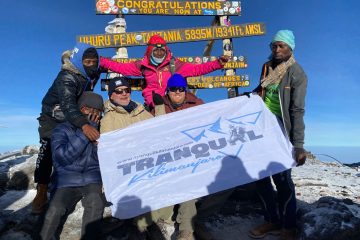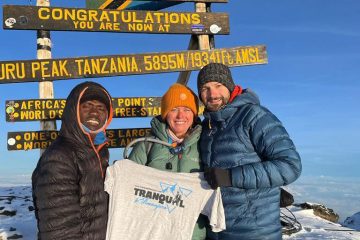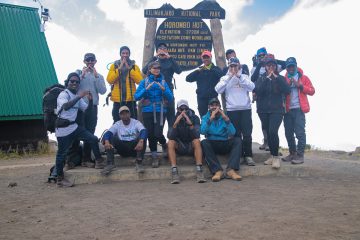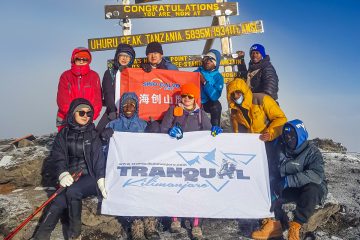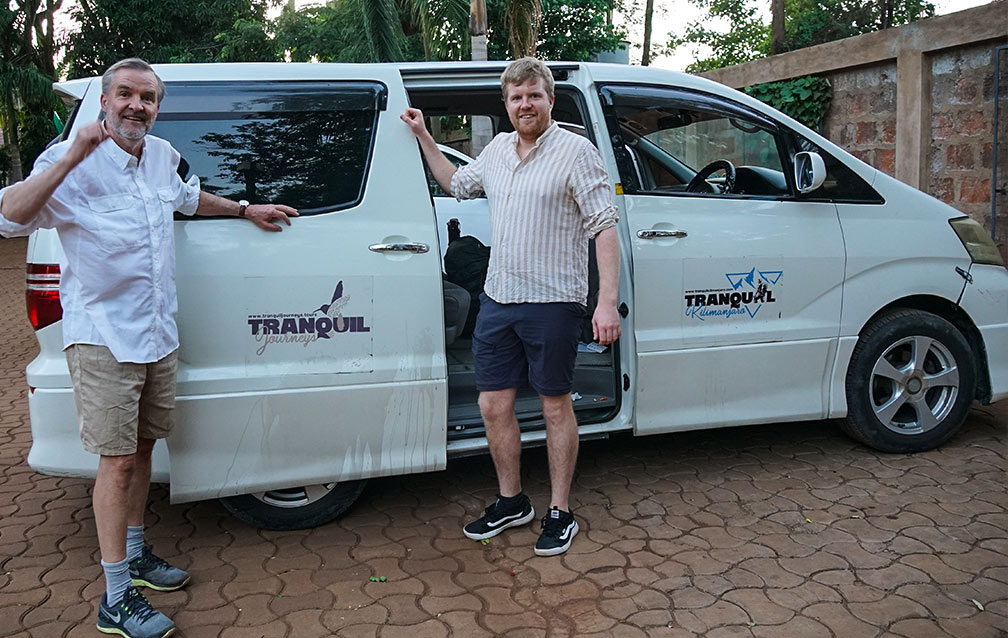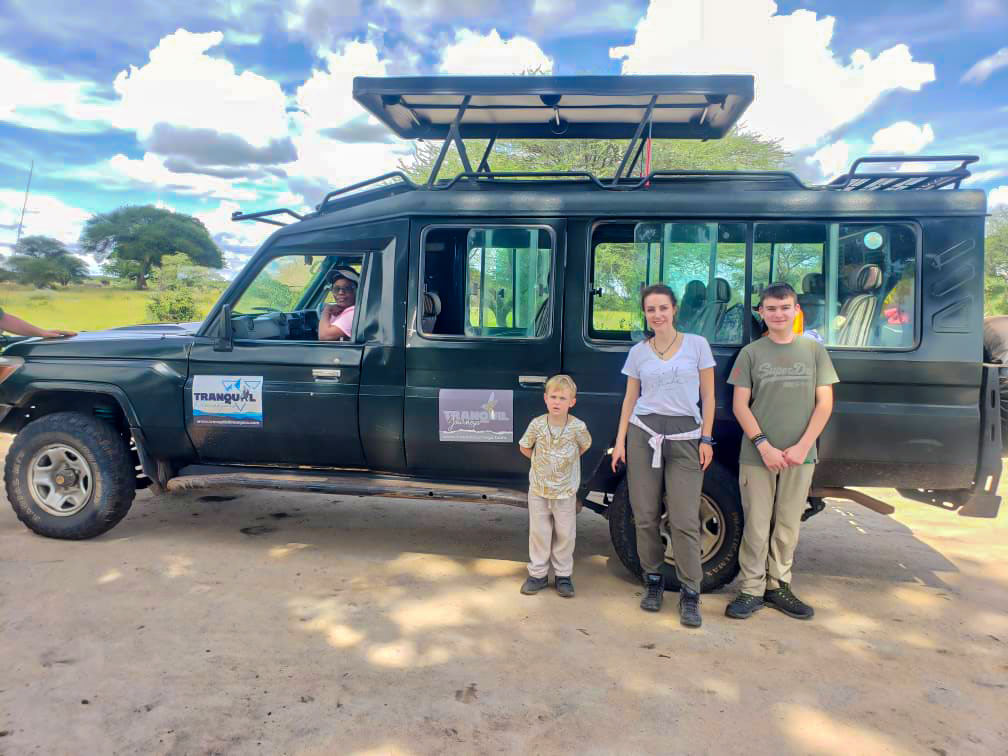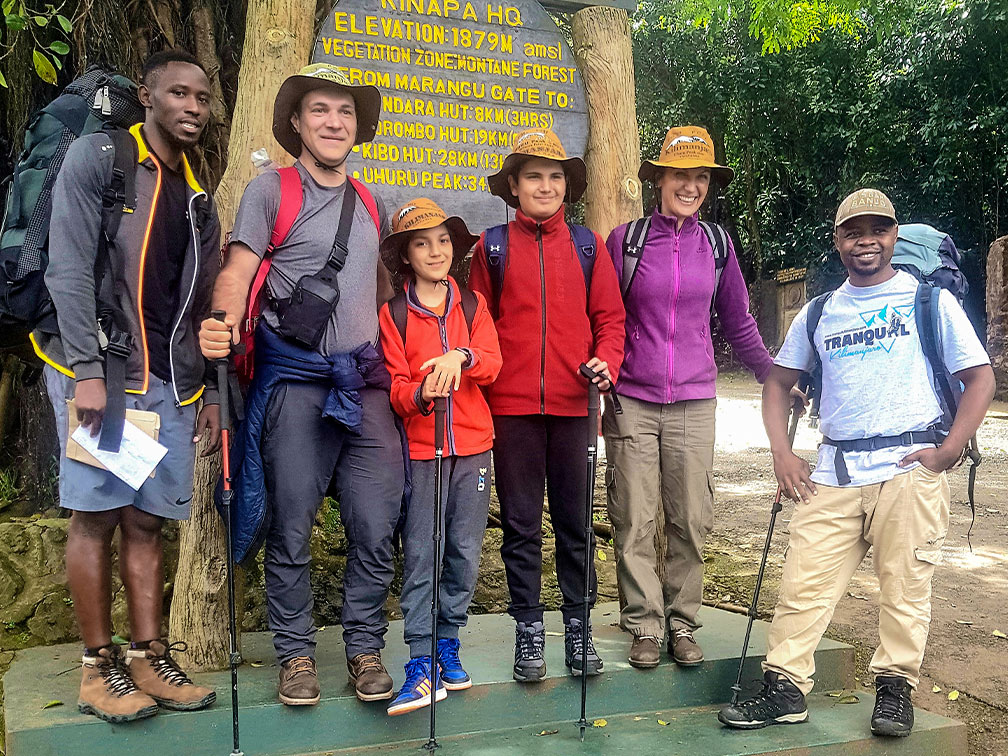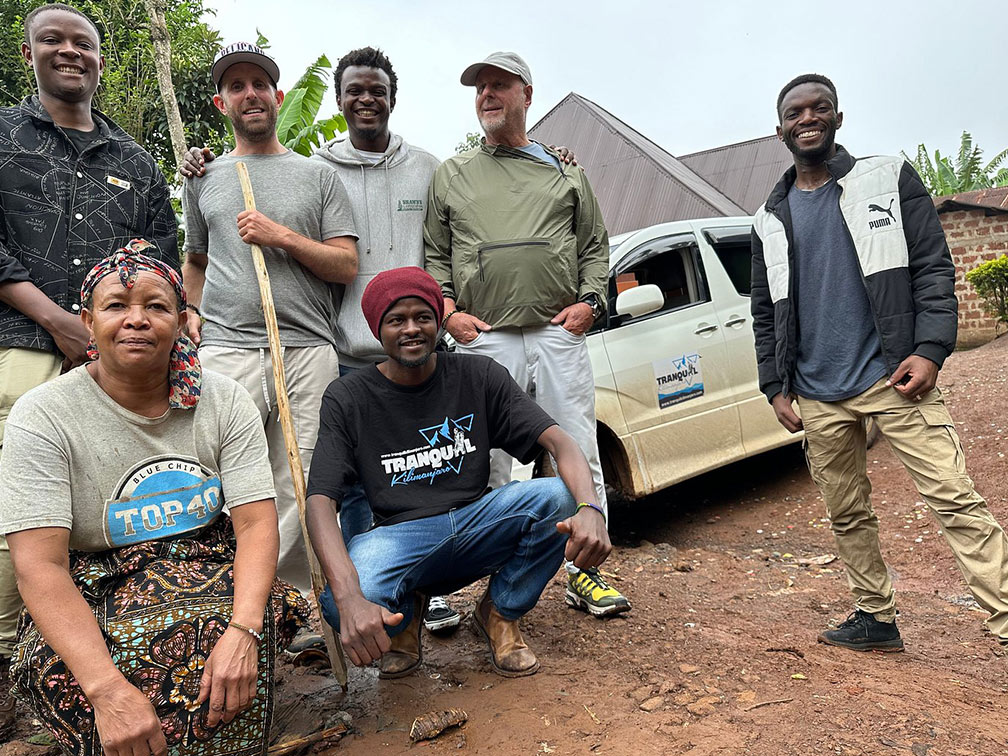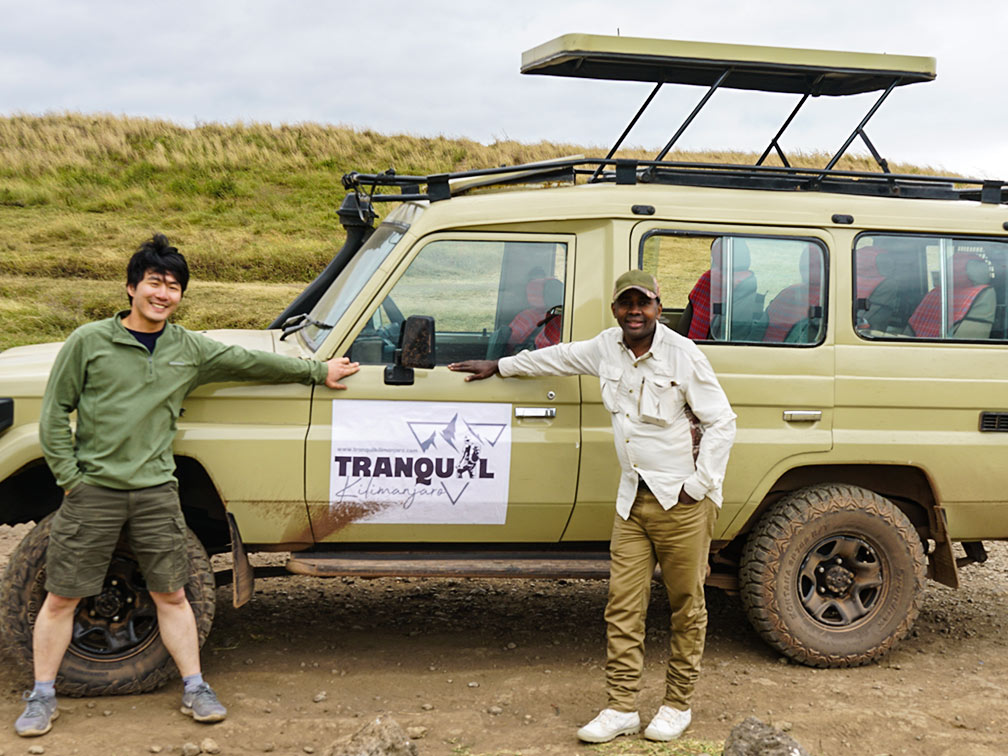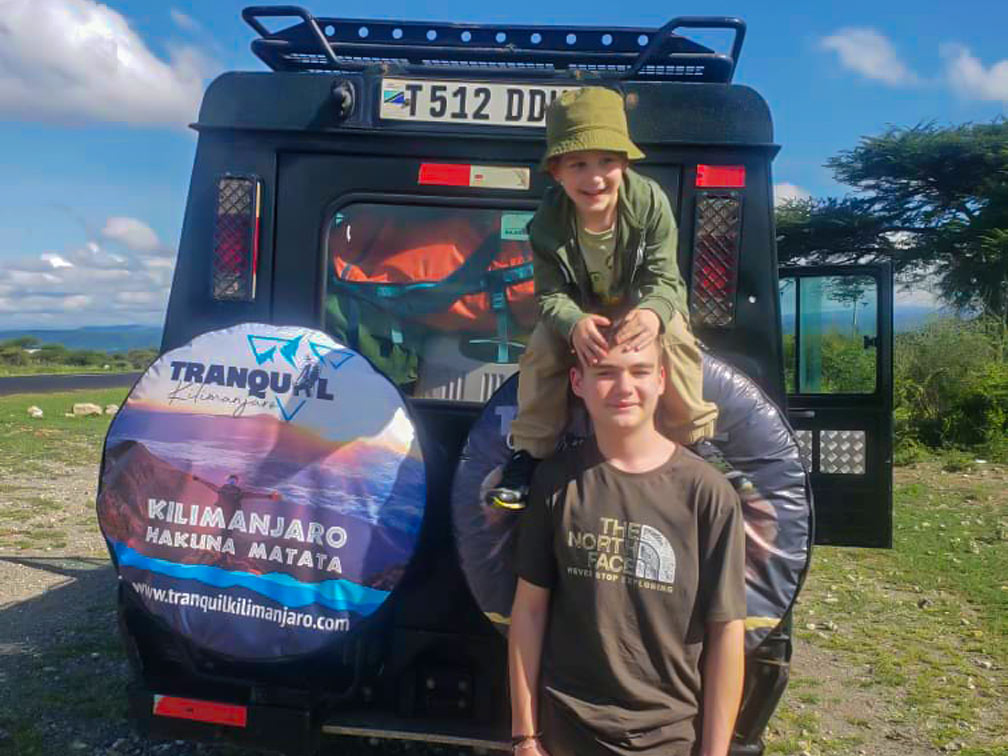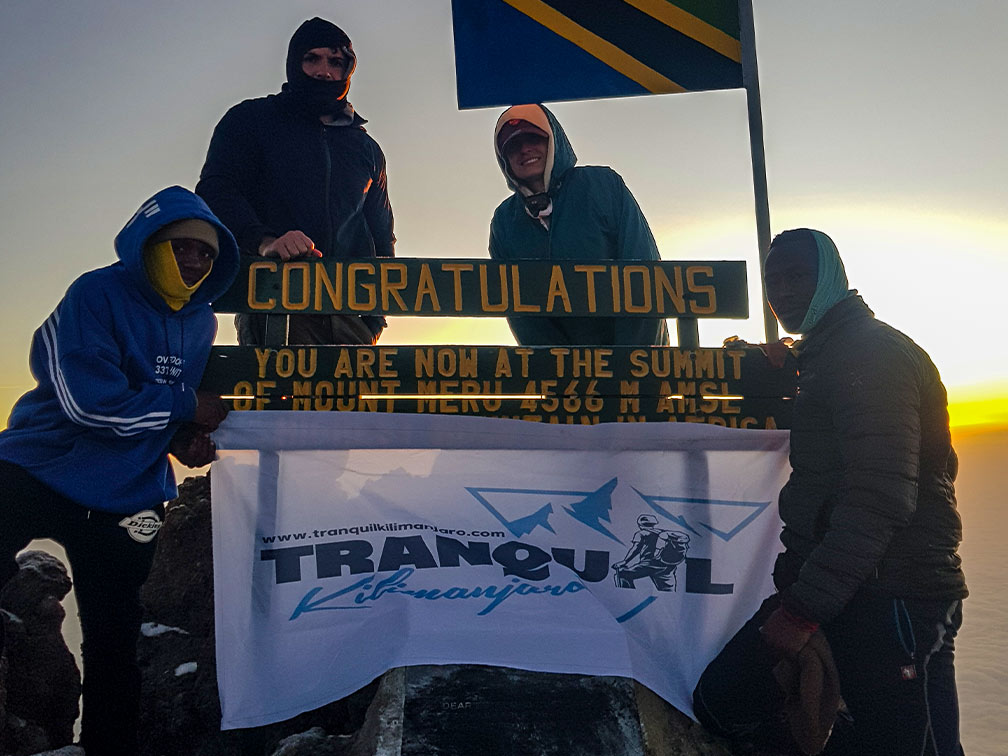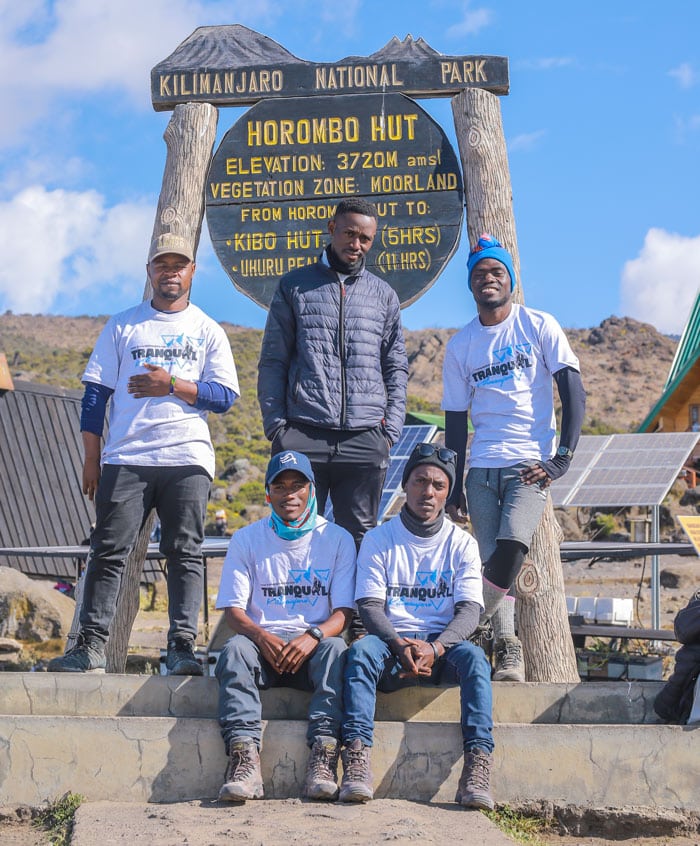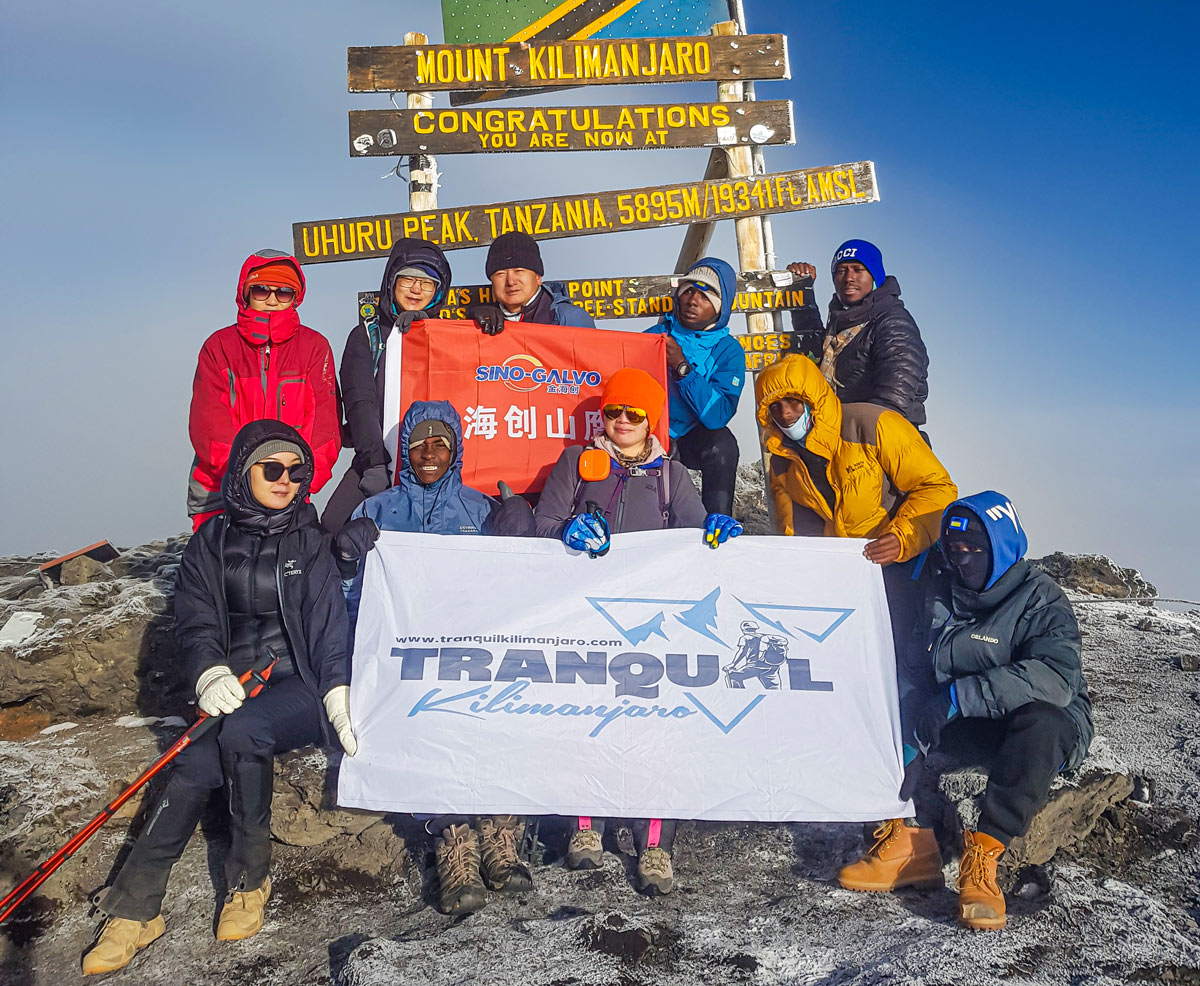Climb Kilimanjaro with the locals
As a local Mount Kilimanjaro climbing company, we would like to thank you for visiting TRANQUIL KILIMANJARO, your recommended mountain guides in Tanzania and East Africa as a whole, as specialists in Mount Kilimanjaro climbs. We’ve worked hard over the years to deliver high-quality Kilimanjaro treks at a reasonable and affordable price. Thanks to the incredible assistance of our experienced and knowledgeable guides, we have been able to maintain high-quality standards while paying close attention to safety. Our ultimate goal is to give you the unique experience of climbing Kilimanjaro with the people who are born and bred around the mountain, the locals who know Kilimanjaro by their fingertips. As a result, we’ve been able to successfully guide several summit rates to the top of Mount Kilimanjaro. Our objectives and goals are simple: by utilizing the greatest climbing talent in the country, we provide climbers of all abilities with the chance to reach their own goals through high-quality, challenging, safe, and enjoyable adventures. We specialize in unrivalled mountain adventures. Read about us


